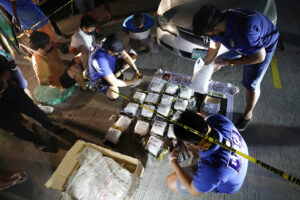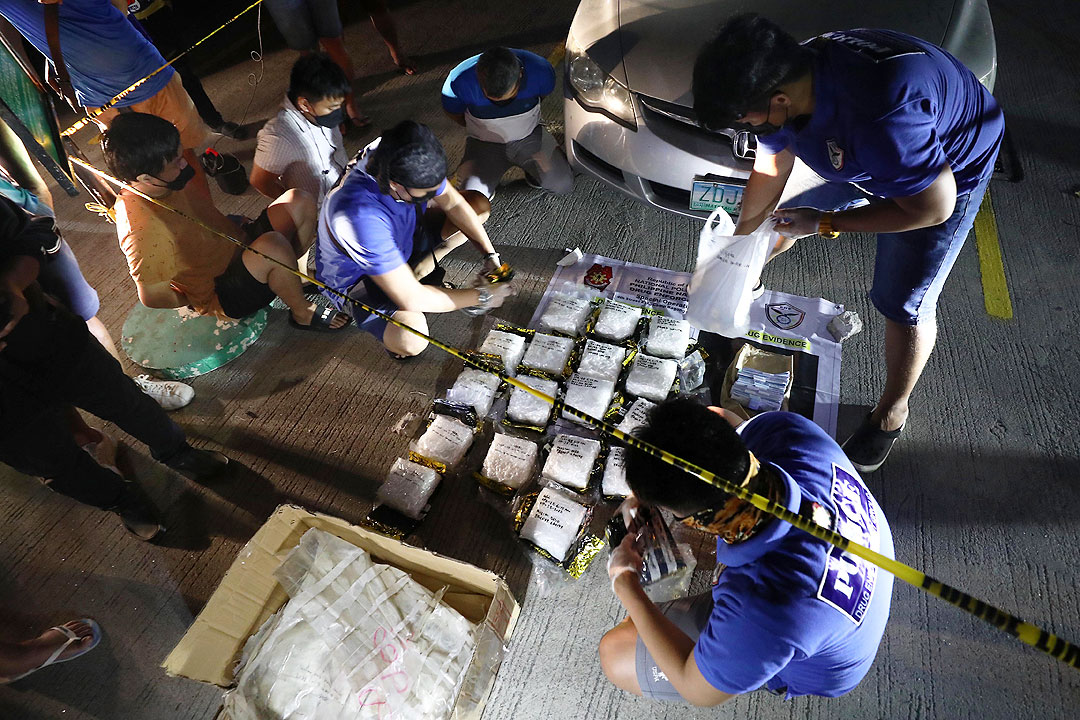Philippines accepts 200 UN suggestions on human rights


By John Victor D. Ordoñez, Reporter
THE PHILIPPINES has accepted 200 recommendations from the United Nations Human Rights Council, including investigating extralegal killings and protecting journalists.
“We do so because these are important areas and issues in which the government is already working, and in many cases, even going beyond the accepted recommendations,” Justice Secretary Jesus Crispin C. Remulla told the council in Geneva on Wednesday.
“They fall within the scope of and bolster the Philippine government’s ongoing human rights policies, programs and initiatives,” he said in a speech, a copy of which was sent to reporters on Wednesday evening.
The Philippines also agreed to combat gender discrimination and violence, protect human rights defenders, avoid reinstating capital punishment and comply with a UN program on accountability measures and data gathering on police abuses, among other things.
The Philippines will respond to the remaining 89 recommendations “in due course,” Mr. Remulla said.
More than 30 member-states of the UN Human Rights Council this week urged the Philippine government to do something about extralegal killings and human rights abuses in extralegal killings in connection with ex-President Rodrigo R. Duterte’s anti-illegal drug campaign.
Representatives from various countries also questioned the Philippines’ withdrawal from the International Criminal Court (ICC), which could resume its probe on the government’s deadly drug war.
Mr. Remulla said the government does not sanction attacks, harassment or intimidation of human rights defenders, lawyers and journalists.
“The Philippines is a vibrant democracy where freedom of expression, including the right to hold dissenting opinions, and the right of peaceful assembly are protected,” the Justice chief added.
During the UN session on Monday, the United States urged the Philippines to hold those behind human rights abuses during the drug war accountable. It added that state officials should stop tagging people as communists.
France and Canada said the Marcos government should act on extralegal killings and the prosecution of erring officials to give victims justice.
On Monday, Mr. Remulla told the UN Human Rights Council the government would “dispel the mistaken notion that there is a culture of impunity in the country.” The state also aims to prosecute more police officers responsible for wrongful deaths in the drug war.
At least 25 policemen have been charged with murder in connection with the government’s drug campaign, he added.
Maria Ela L. Atienza, who teaches political science at the University of the Philippines, said accepting these recommendations is a good sign for the government of President Ferdinand R. Marcos, Jr.
“These are formal commitments and all international and domestic stakeholders should follow through with these commitments if they will really be acted upon by the Philippine government,” she said in a Viber message.
Ms. Atienza said the state should also look at cases of harassment and violence against human rights defenders, lawyers and journalists to avoid raising doubts.
Philippine Universal Periodic Review (UPR) Watch on Tuesday said the Philippine delegation in Geneva had brought “empty words and vague promises” during the UN periodic review of the country’s human rights situation.
“Behind polite words in which the recommendations were given by more than a hundred countries in the review, they clearly mean that the Philippines has a long way to go in ensuring that human rights are respected and upheld in the country,” it said.
The presidential palace said the Marcos government was working with religious groups to persuade drug suspects to surrender.
In September, Human Rights Watch said drug war killings were still common and impunity for human rights violations continue under the Marcos administration.
The UN Rights Committee has said the Philippines should comply with international human rights mechanisms and cooperate with the ICC’s drug war probe.
At least 6,117 suspected drug dealers had been killed in police operations, according to data released by the Philippine government in June last year. Human rights groups estimate that as many as 30,000 suspects died.
“We will continue to cooperate with civil society, and together bring about the peace and progress that the Filipino people richly deserve,” Mr. Remulla said.




